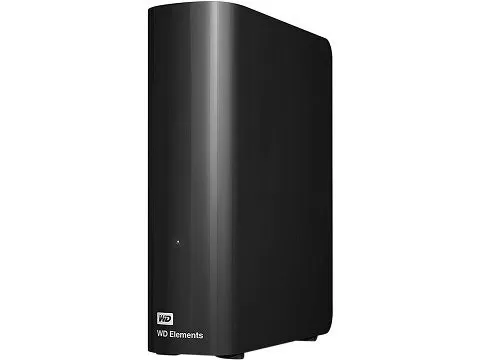When embarking on the journey to build your gaming PC, one of the most critical decisions you'll face is selecting the right graphics card. Opting for an AMD graphics card can be a smart move, especially if you're looking to maximize performance without breaking the bank on unnecessary features. All of AMD's current-generation graphics cards support ray tracing and come equipped with FidelityFX Super Resolution (FSR), a versatile upscaling technology supported by a majority of modern PC games.
While there are certainly more powerful options available, AMD's offerings, such as the Radeon RX 9070 XT, deliver exceptional 4K performance at a more affordable price point compared to some competitors. If you're aiming for a mid-range build optimized for 1440p gaming, AMD shines brightly, offering impressive performance for the price.
TL;DR: These Are the Best AMD Graphics Cards
 The best 4K AMD graphics card### Sapphire Pulse Radeon RX 7900 XTX
The best 4K AMD graphics card### Sapphire Pulse Radeon RX 7900 XTX
8See it at Amazon Best AMD Graphics Card (For Most People)### AMD Radeon RX 9070 XT
Best AMD Graphics Card (For Most People)### AMD Radeon RX 9070 XT
6See it at Newegg Best AMD Graphics Card for 1440p### AMD Radeon RX 9070
Best AMD Graphics Card for 1440p### AMD Radeon RX 9070
5See it at Newegg Best AMD Graphics Card for 1080p### Gigabyte Radeon RX 7600 XT Gaming OC Windforce
Best AMD Graphics Card for 1080p### Gigabyte Radeon RX 7600 XT Gaming OC Windforce
6See it at Amazon Best AMD Graphics Card on a Budget### XFX Speedster SWFT Radeon RX 6600
Best AMD Graphics Card on a Budget### XFX Speedster SWFT Radeon RX 6600
5See it at Amazon
It's also worth noting that AMD's graphics architecture is used in the PlayStation 5 and Xbox Series X, which can facilitate easier optimization for developers when porting console games to PC. While this doesn't guarantee perfect performance on PC, it certainly helps. If you're considering Nvidia's offerings, check out my guide to the best Nvidia graphics cards for a comprehensive comparison.
Choosing the right AMD GPU isn't just about picking the fastest option; it's about matching your desired resolution and budget. Here's a closer look at what you need to know about graphics cards:
Graphics Card Basics
Graphics cards are complex components, but understanding a few key points can help you make an informed decision. For AMD graphics cards, it's crucial to identify whether you're looking at a current-generation model. AMD recently revamped its naming scheme, with the Radeon RX 9070 XT as the latest top-tier offering, succeeding the RX 7900 XTX. The key to recognizing a current-generation card is the leading digit; a '9' indicates the latest generation, while '7' and '6' denote older generations.
You might see model numbers followed by "XT" or "XTX," which indicate a performance step-up within the same generation. This naming convention began with the Radeon RX 5700 XT in 2019. Previously, AMD used a three-digit naming convention, like the RX 580 or RX 480, which are now outdated and should be avoided unless you can snag them for under $100.
A general rule of thumb is that higher numbers usually signify better performance, but diving into specific specs can provide more insight. Video RAM (VRAM) is one of the simplest specs to understand; more is better, especially at higher resolutions. For 1080p gaming, 8GB of VRAM is typically sufficient, while 1440p gaming benefits from 12GB to 16GB, and 4K gaming demands as much VRAM as you can afford, which is why the Radeon RX 9070 XT comes with 16GB.
Another key spec is the number of compute units, each containing multiple streaming multiprocessors (SMs), commonly referred to as shaders. In the latest AMD cards, each compute unit has 64 SMs, so the Radeon RX 7900 XTX, with 96 compute units, has a total of 6,144 SMs. Recent AMD cards also feature dedicated ray tracing hardware, with each compute unit having one RT Core.
Before finalizing your choice, ensure your PC can support the graphics card. Check your case dimensions and power supply wattage, as higher-end GPUs require more power. Each graphics card lists a recommended power supply, so ensure yours meets or exceeds this requirement.
AMD Radeon RX 9070 XT – Photos
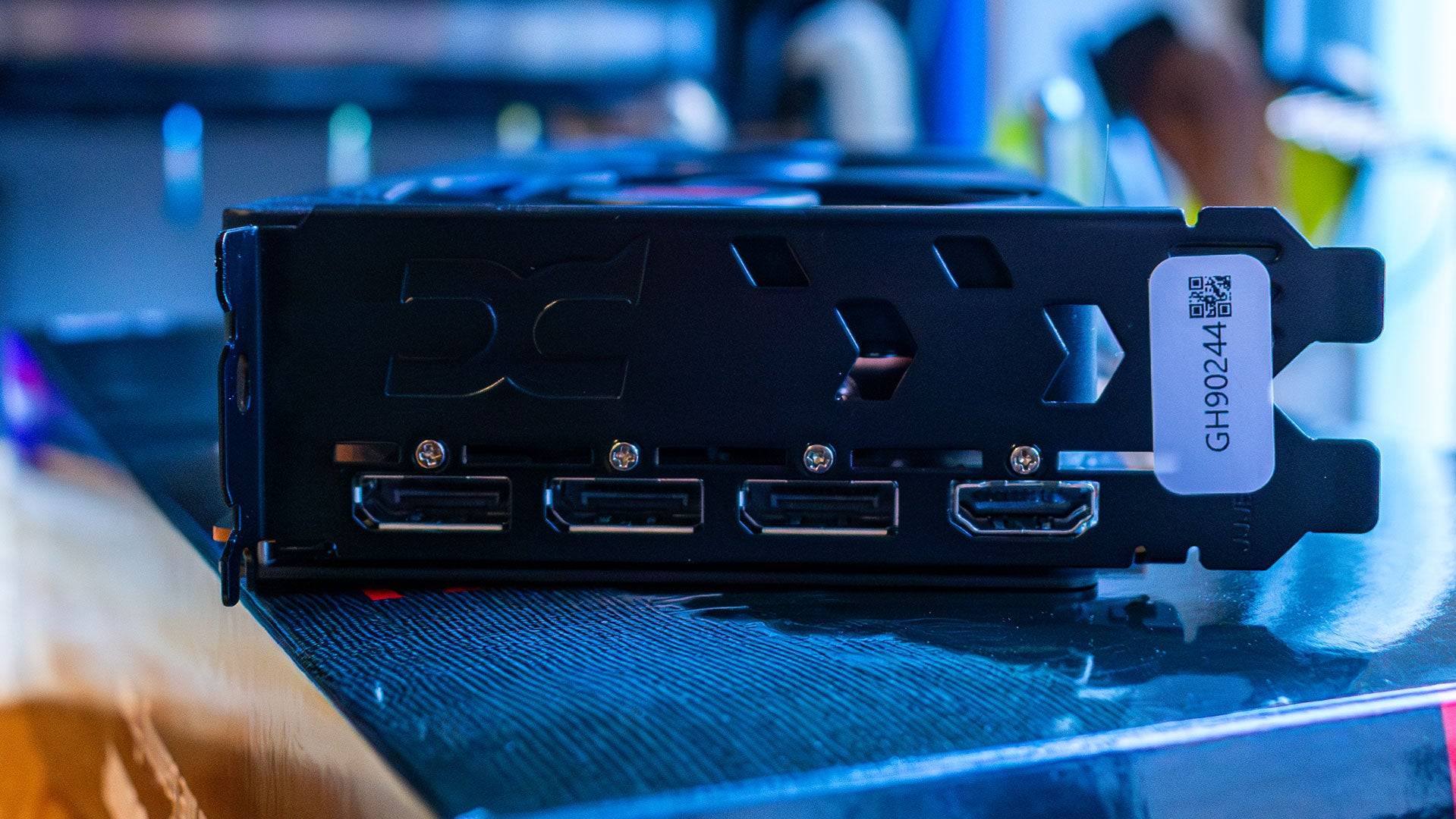
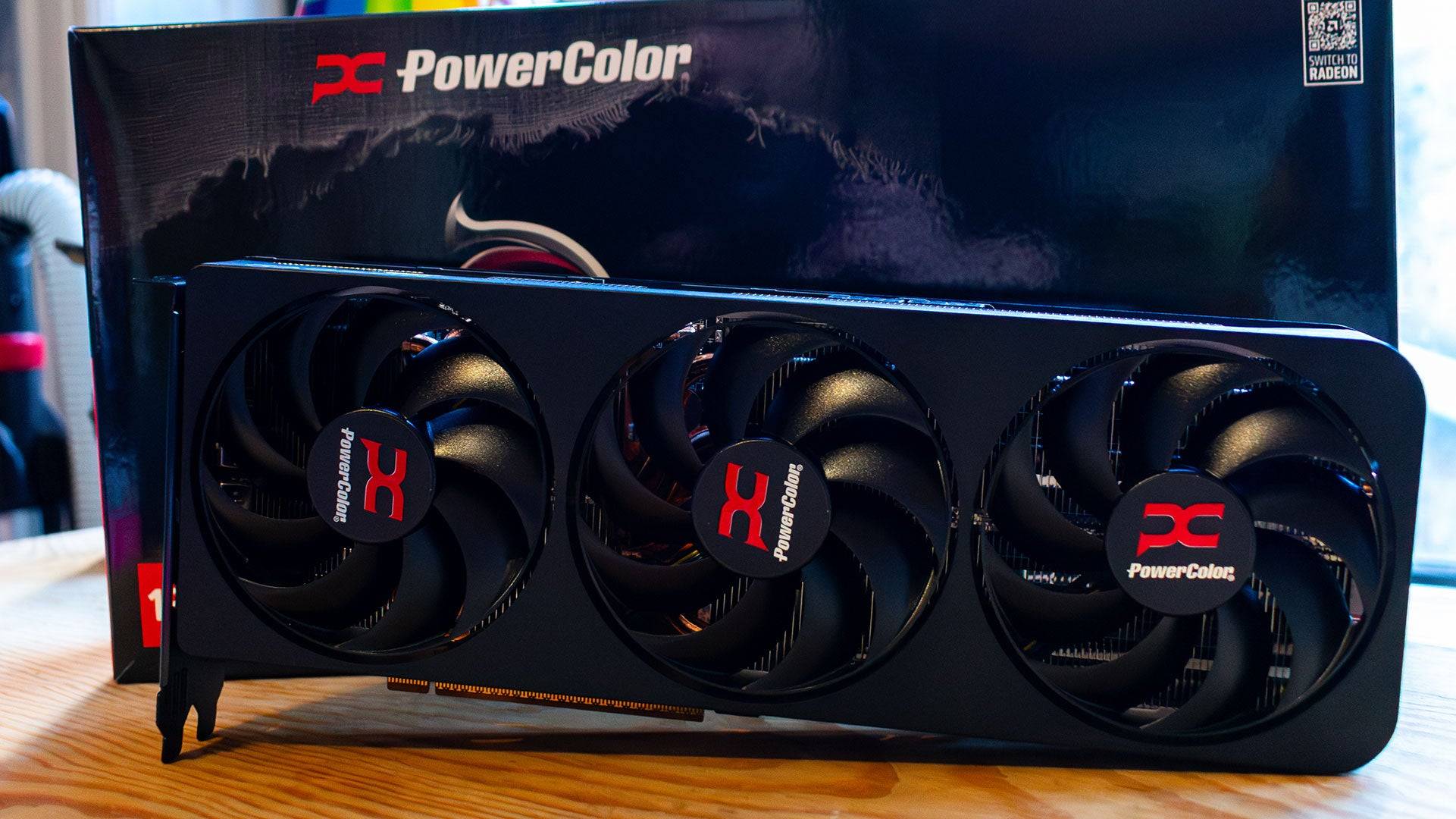 4 Images
4 Images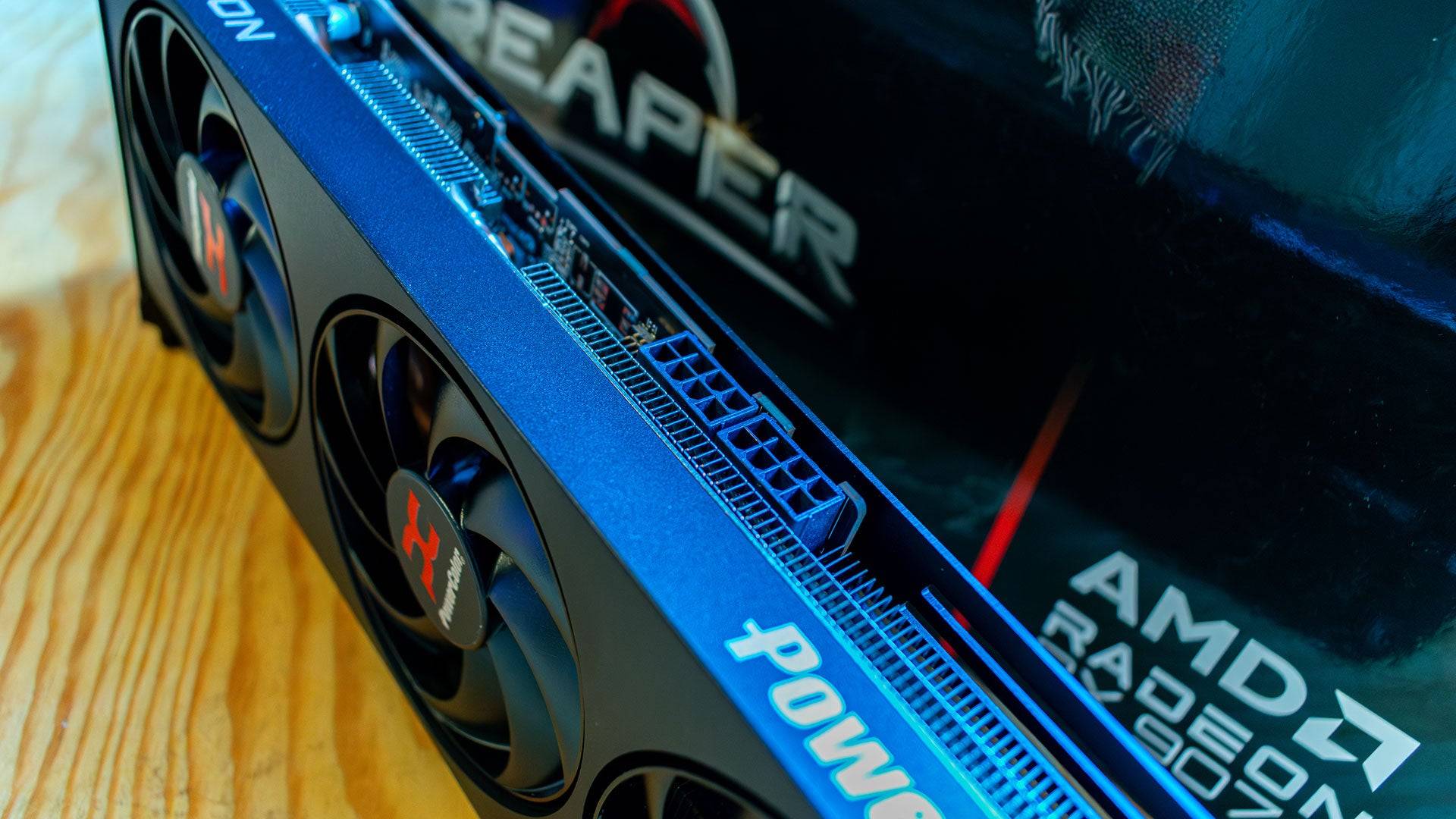
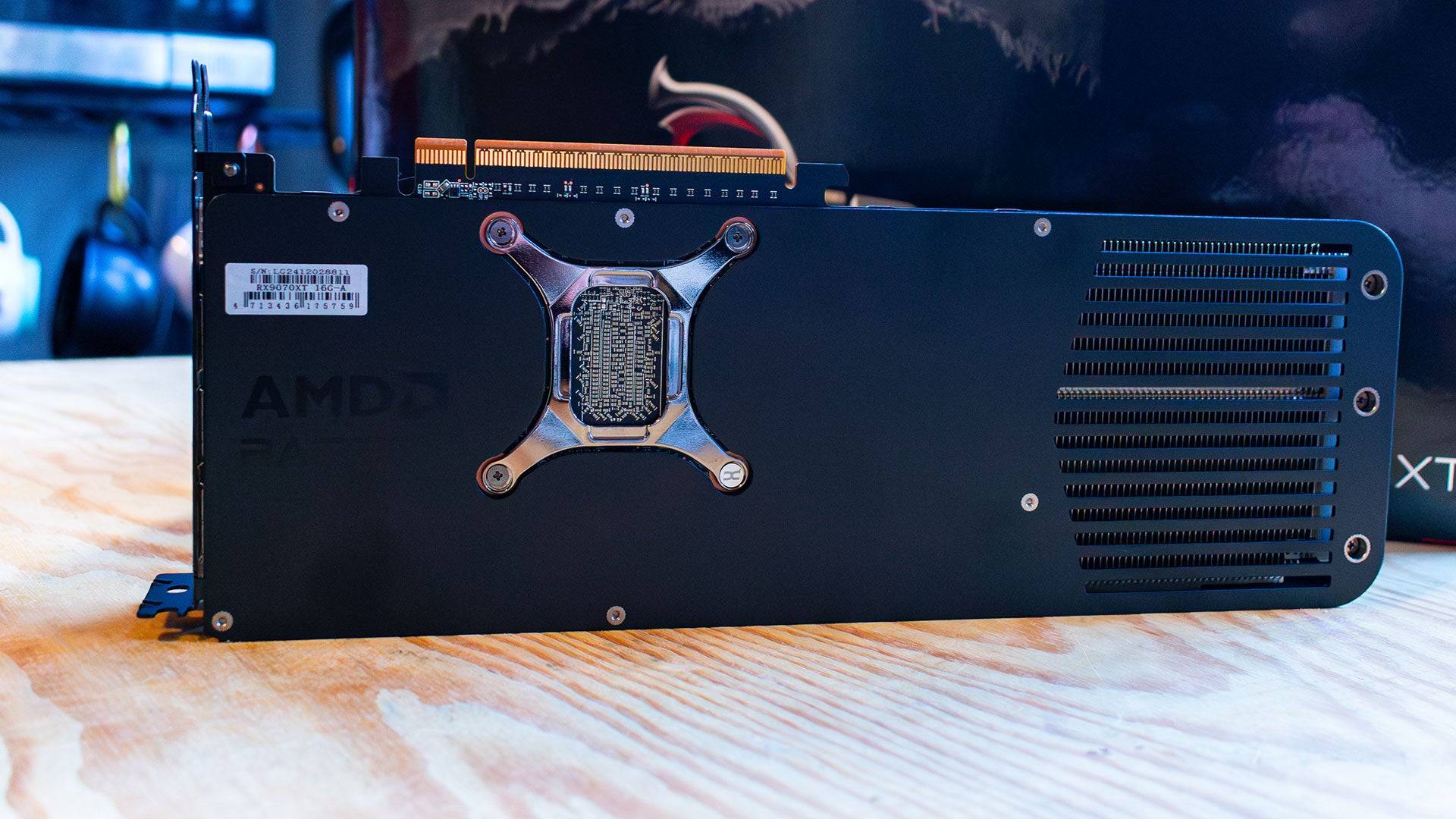
If You Just Want the Best: AMD Radeon RX 9070 XT
 Best AMD Graphics Card (For Most People)### AMD Radeon RX 9070 XT
Best AMD Graphics Card (For Most People)### AMD Radeon RX 9070 XT
6The AMD Radeon RX 9070 XT delivers excellent 4K performance without breaking the bankSee it at Newegg
Product Specifications
Streaming Multiprocessors: 4096Base Clock: 1660 MHz
Game Clock: 2400 MHz
Video Memory: 16GB GDDR6
Memory Bandwidth: 644.6 GB/s
Memory Bus: 256-bit
Power Connectors: 2 x 8-pin
PROS
- Excellent 4K gaming performance for the money- Ample VRAM
CONS
- May not offer the same ray tracing performance as Nvidia counterpartsThe AMD Radeon RX 9070 XT stands out for its remarkable value proposition, offering performance that rivals more expensive Nvidia options. At launch, it was priced at $599, significantly undercutting the $749 RTX 5070 Ti while providing slightly better average performance across a wide range of games. It supports ray tracing, though not as efficiently as Nvidia cards, but it's making strides in closing the gap.
AMD Radeon RX 9070 XT & 9070 – Benchmarks
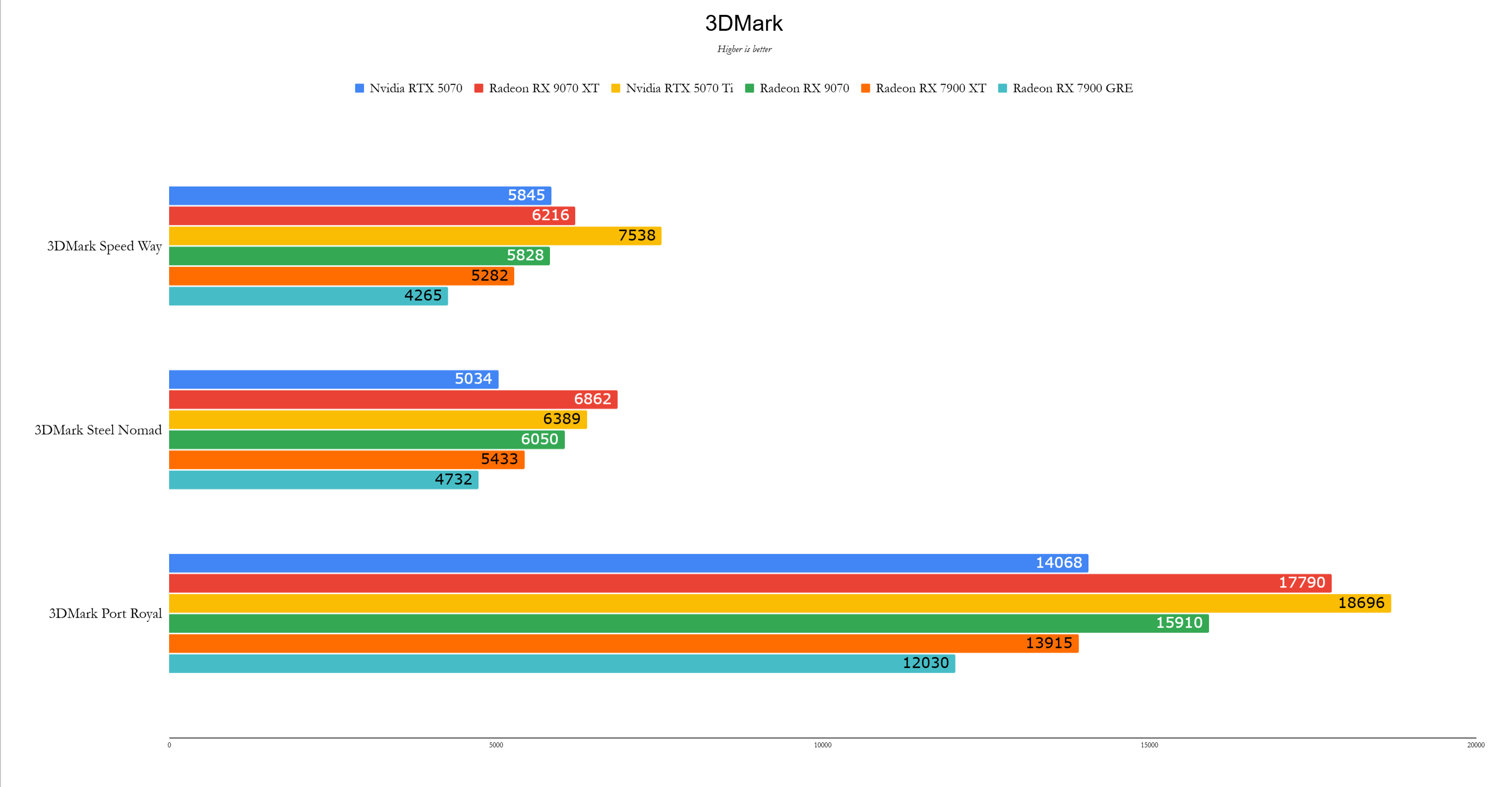
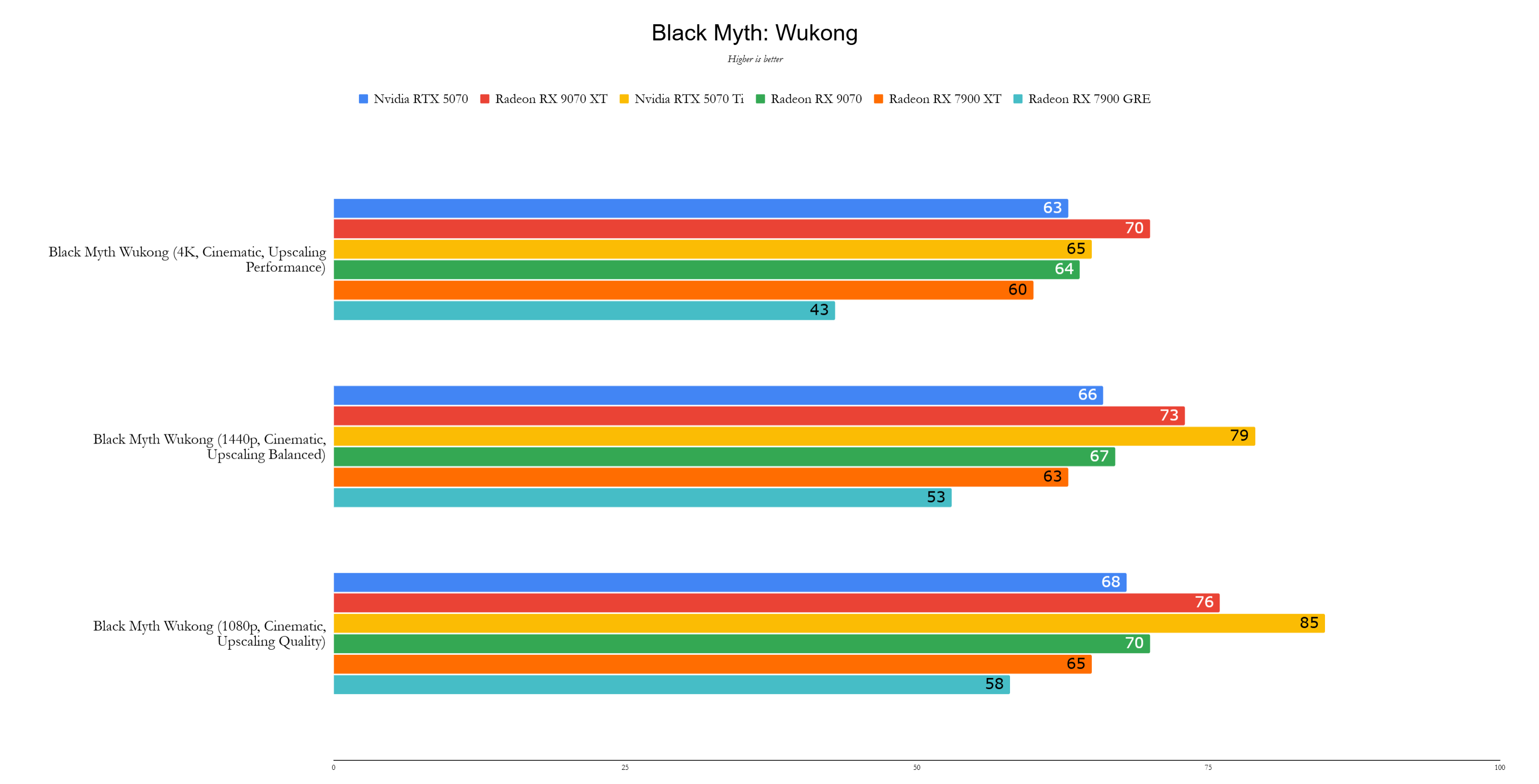 11 Images
11 Images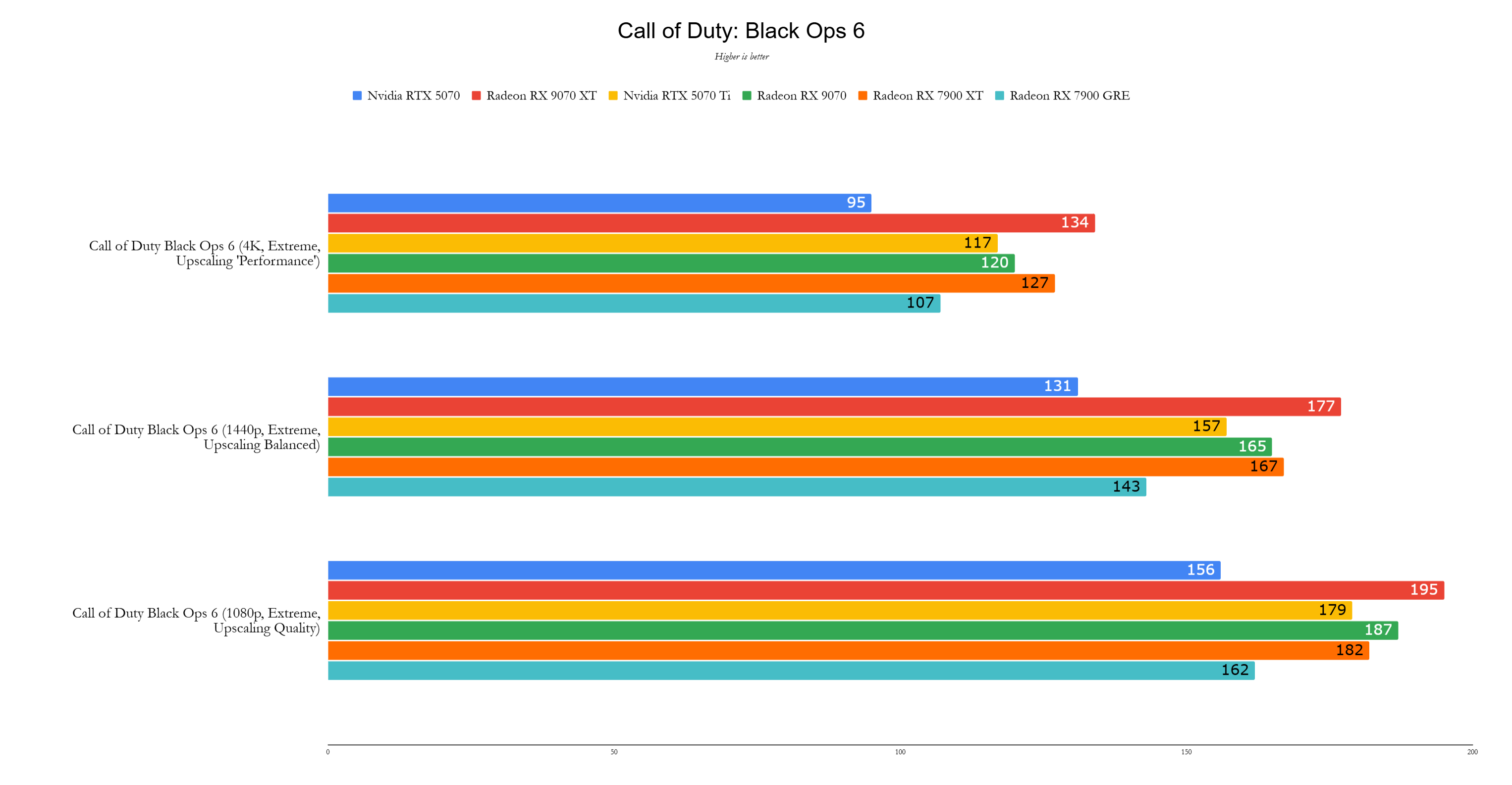
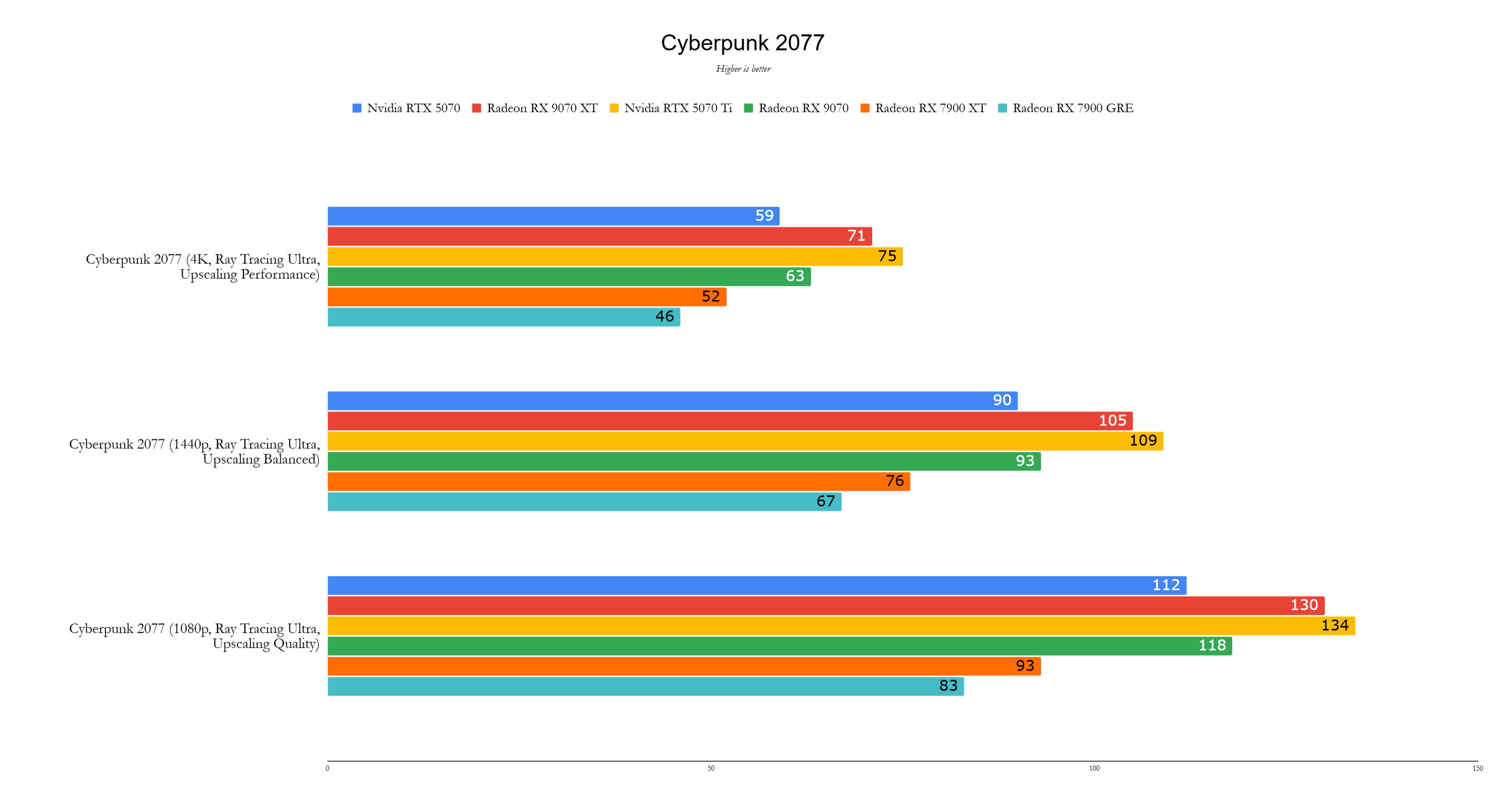
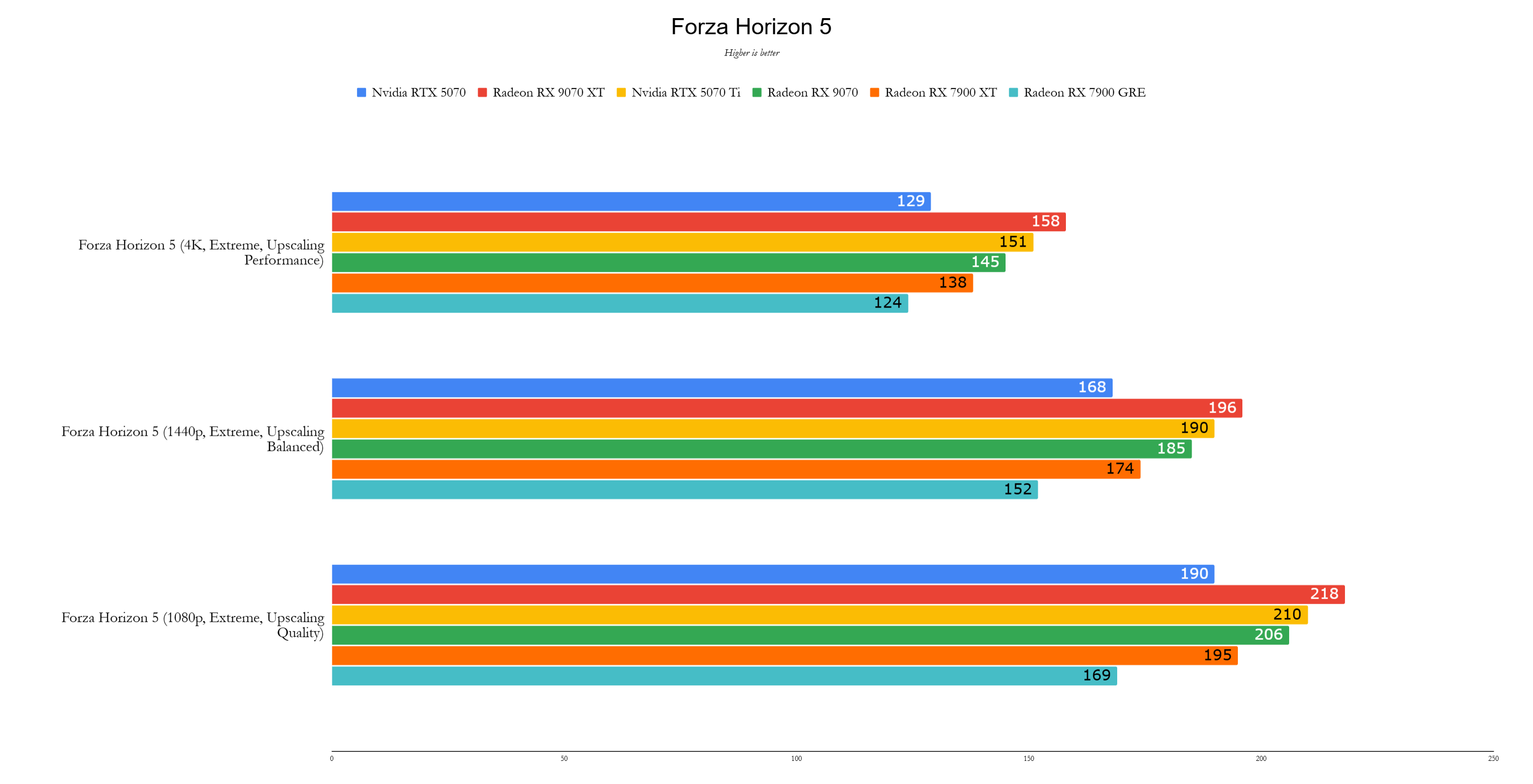

The Radeon RX 9070 XT introduces FSR 4, an AI-powered upscaling technology that enhances image quality over FSR 3.1, albeit at a slight performance cost. FSR 4's improved image quality makes it a great choice for single-player games where frame rate isn't the top priority.
While AMD might not rush to release a more powerful successor, the Radeon RX 9070 XT's current performance-to-price ratio is hard to beat, making it an excellent choice for 4K gaming.
AMD Radeon RX 7900 XTX – Photos
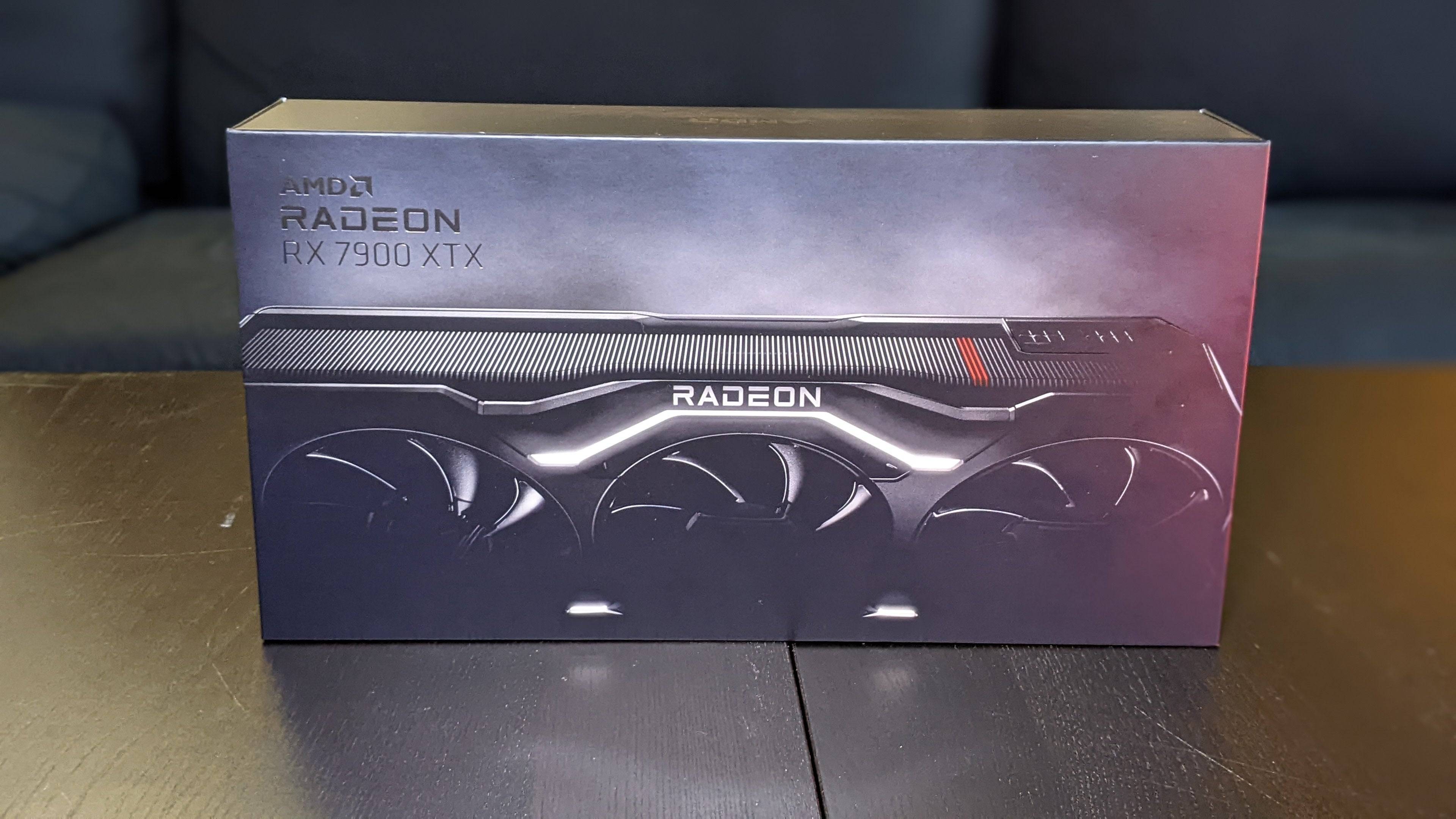
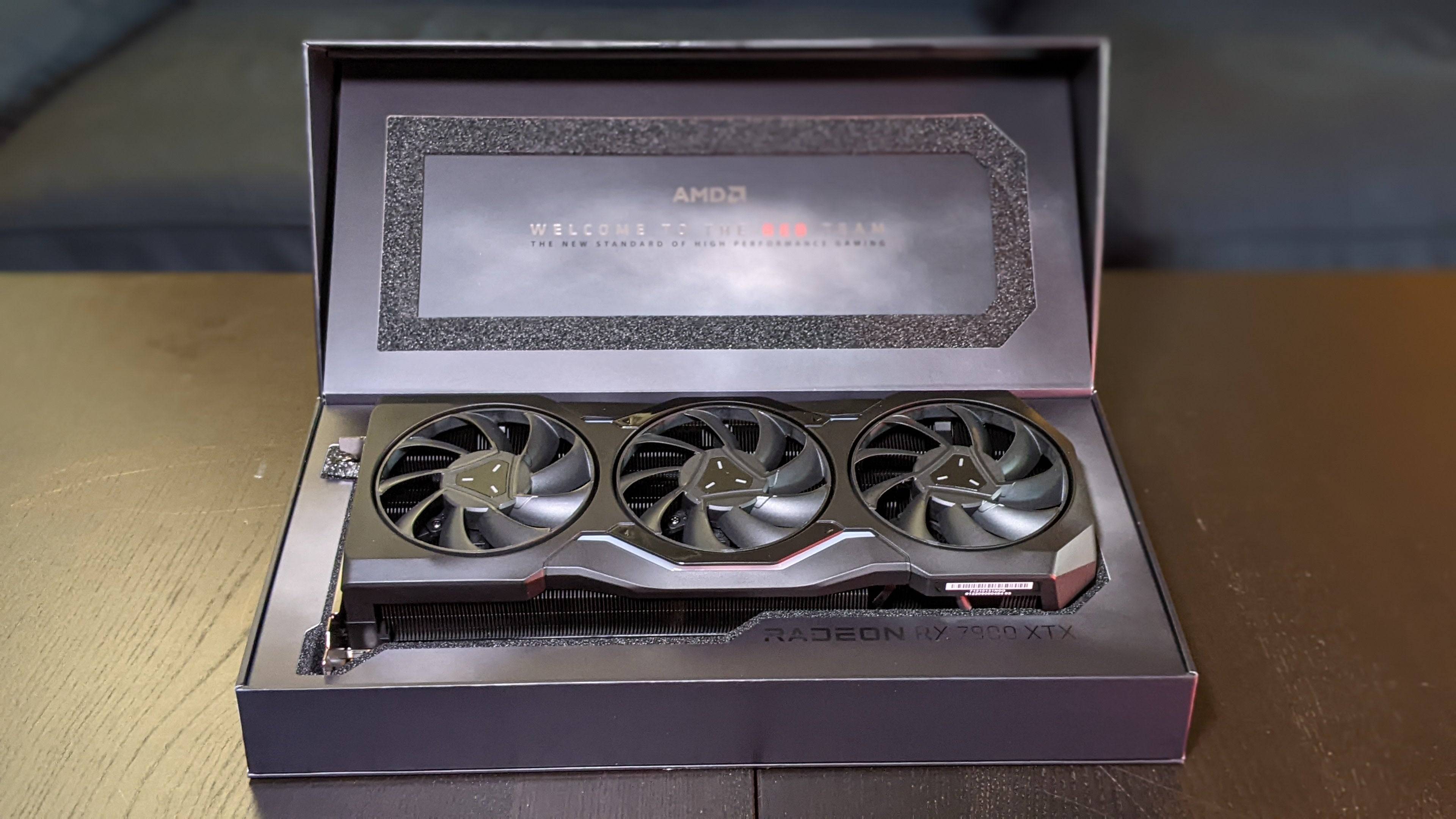 11 Images
11 Images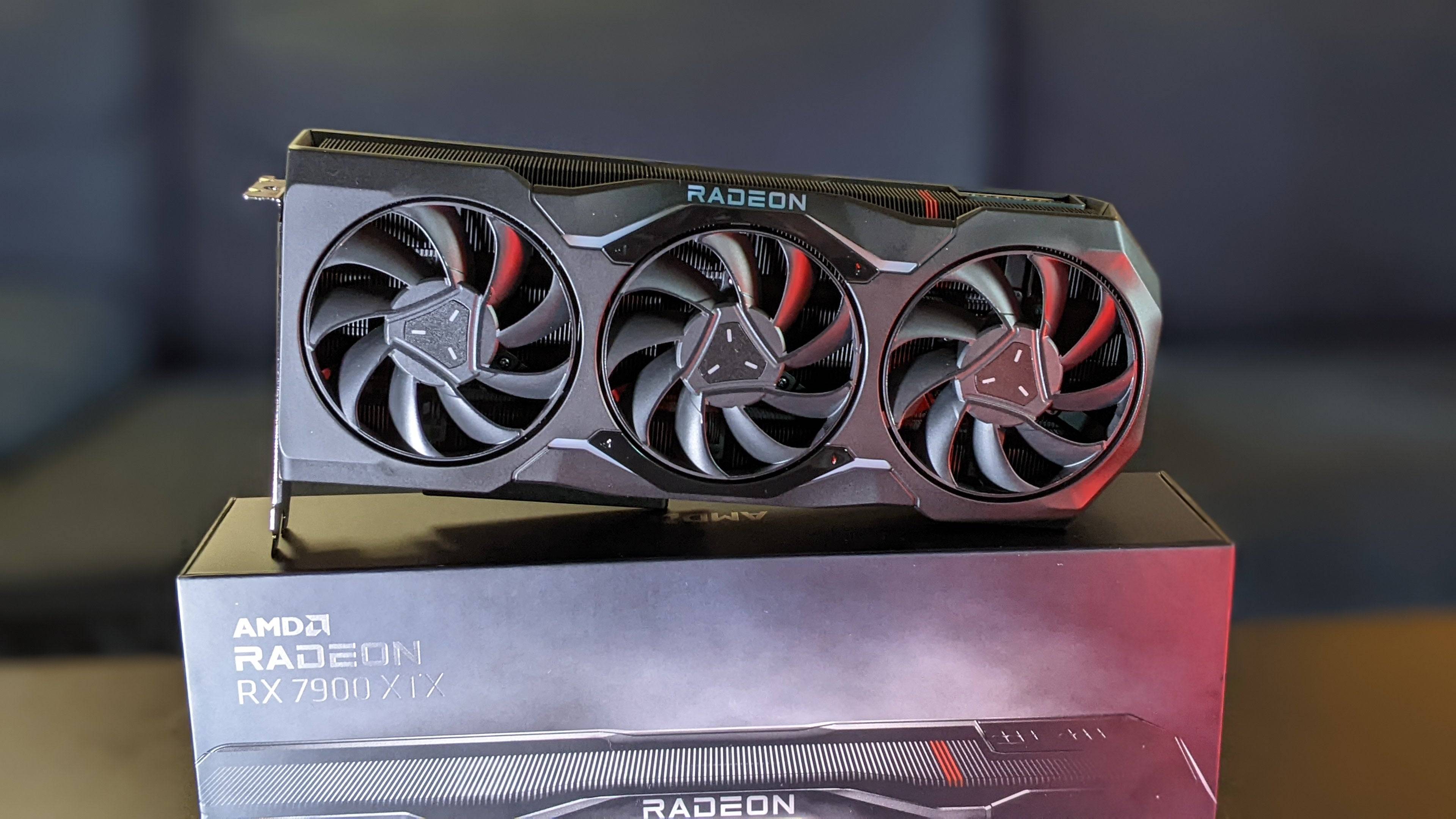
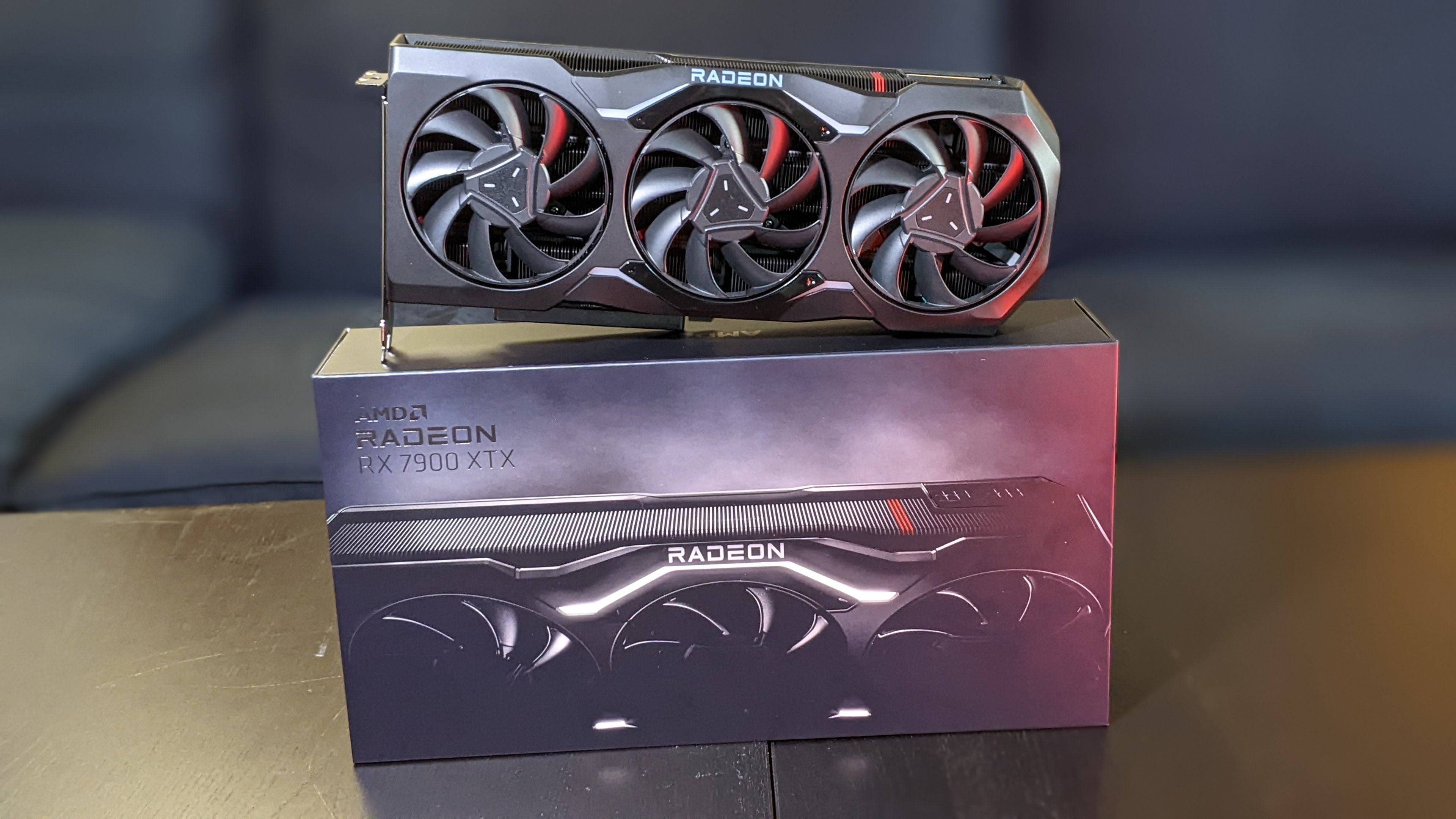

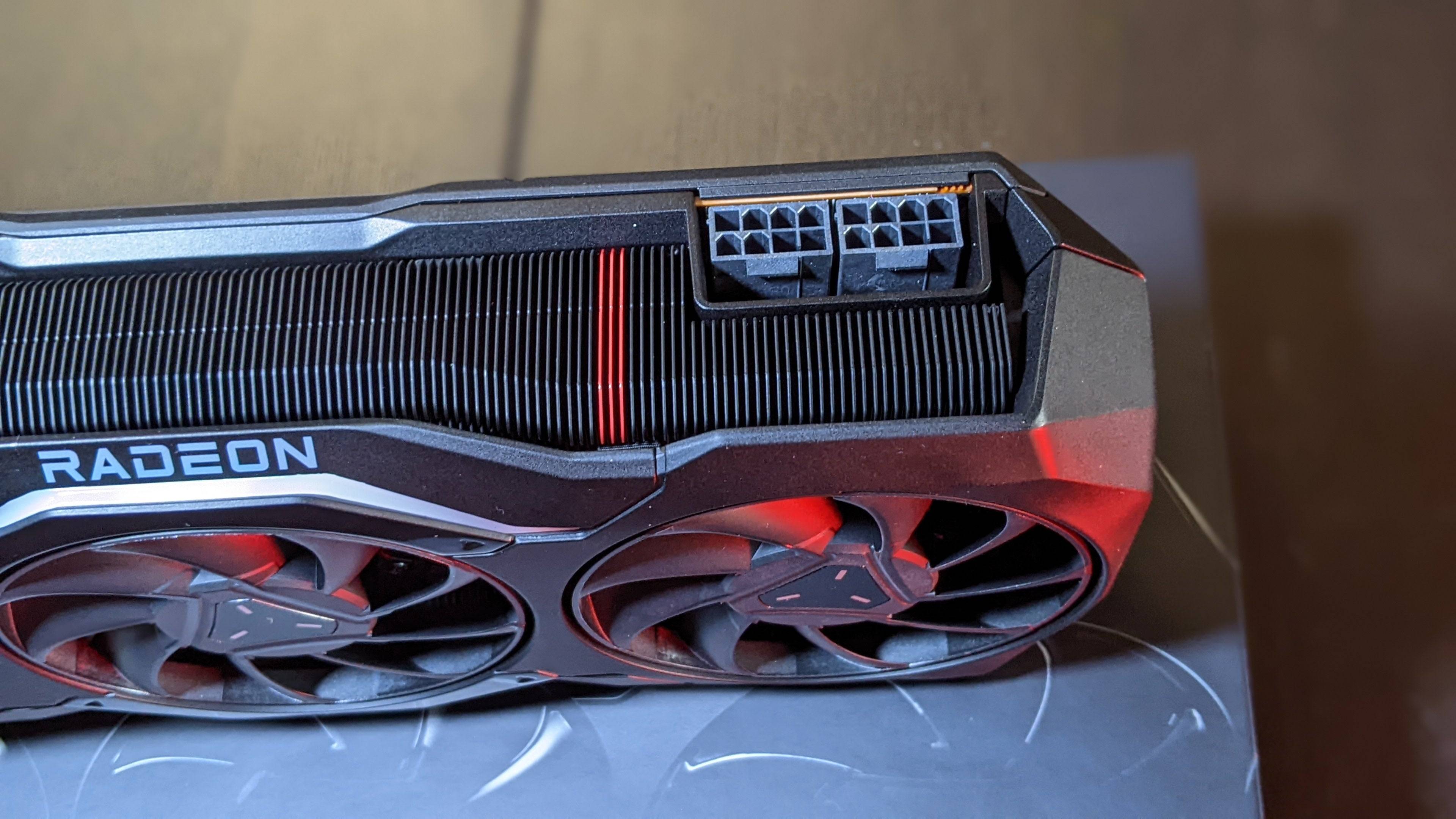
Best For 4K: AMD Radeon RX 7900 XTX
 The best 4K AMD graphics card### Sapphire Pulse Radeon RX 7900 XTX
The best 4K AMD graphics card### Sapphire Pulse Radeon RX 7900 XTX
8The AMD Radeon RX 7900 XTX excels at powering AAA games at 4K with maximum settingsSee it at Amazon
Product Specifications
Streaming Multiprocessors: 6144Base Clock: 1929MHz
Game Clock: 2365MHz
Video Memory: 24GB
Memory Bandwidth: 960 GB/s
Memory Bus: 384-bit
Power Connectors: 2 x 8-pin
Outputs: 1 x HDMI 2.1a, 2 x DisplayPort 2.1, 1 x USB-C
PROS
- Stellar 4K performance- Generous VRAM capacity
CONS
- Can lag behind in ray tracing performance compared to NvidiaFor those seeking the ultimate gaming experience at 4K, the AMD Radeon RX 7900 XTX is a powerhouse. Priced around $900, it offers performance that often matches or exceeds the more expensive Nvidia GeForce RTX 4080, especially in games that don't heavily rely on ray tracing. Its 24GB of VRAM ensures it can handle even the most demanding high-resolution textures.
AMD Radeon RX 9070 – Photos
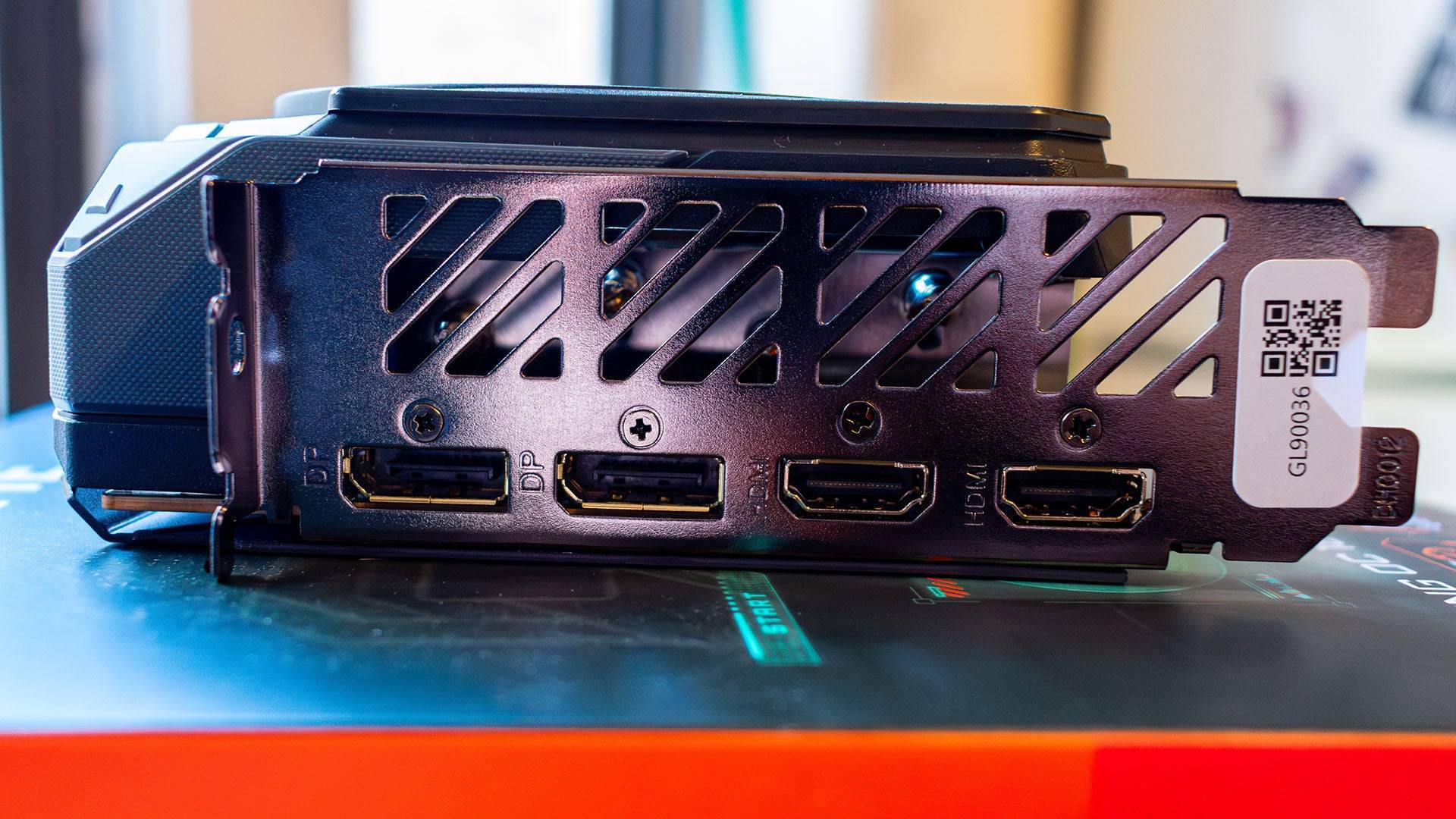
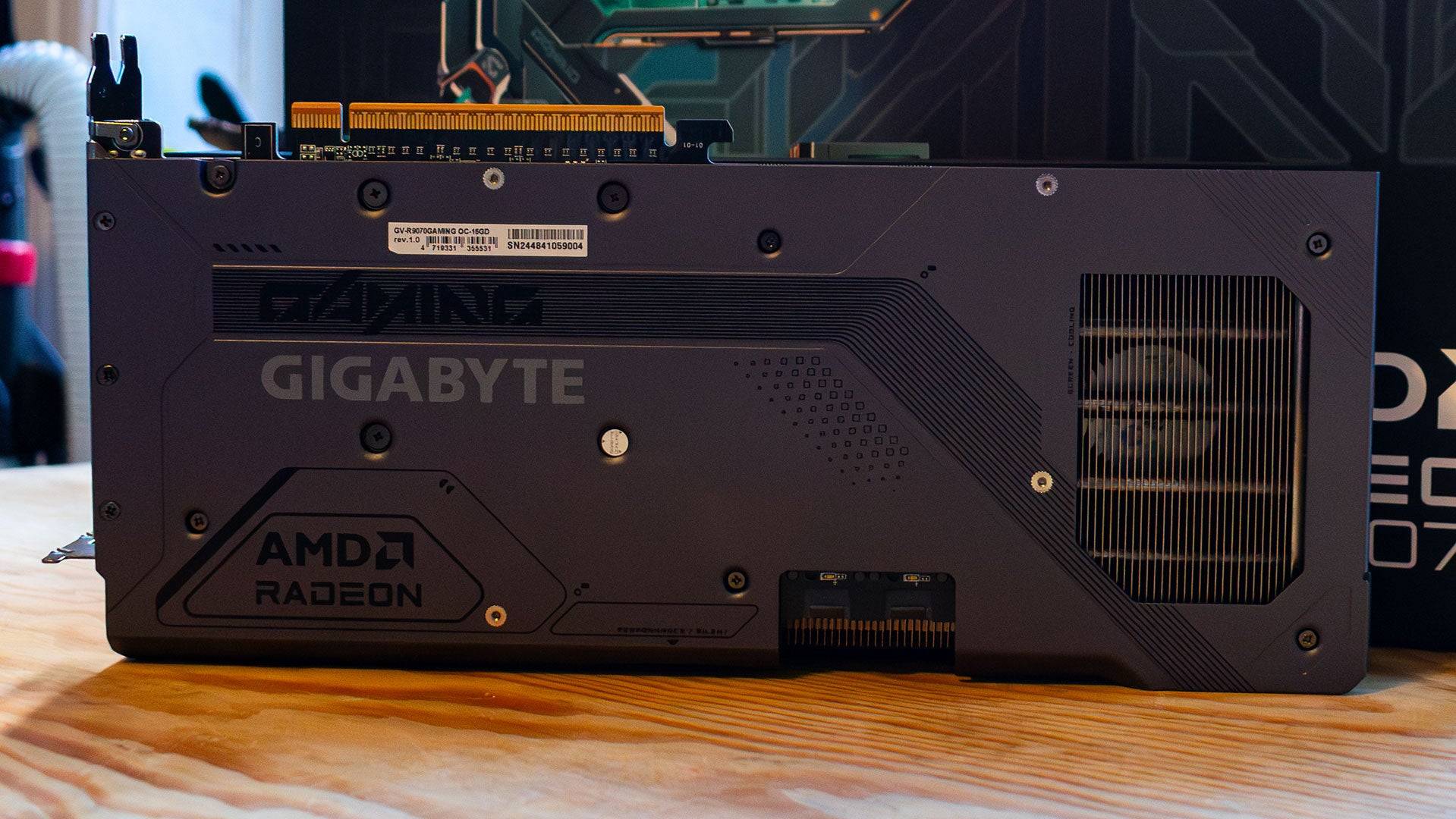 4 Images
4 Images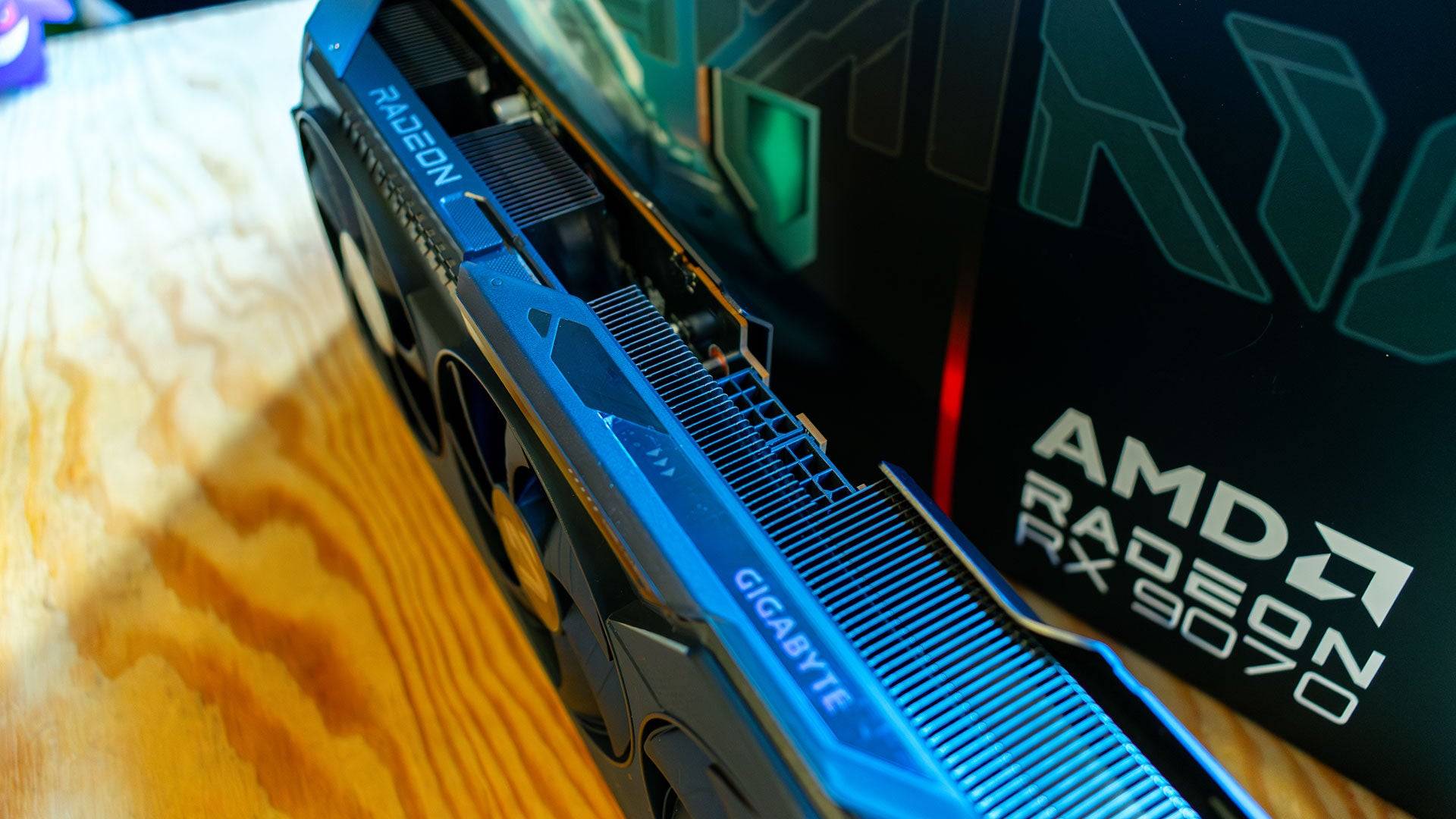
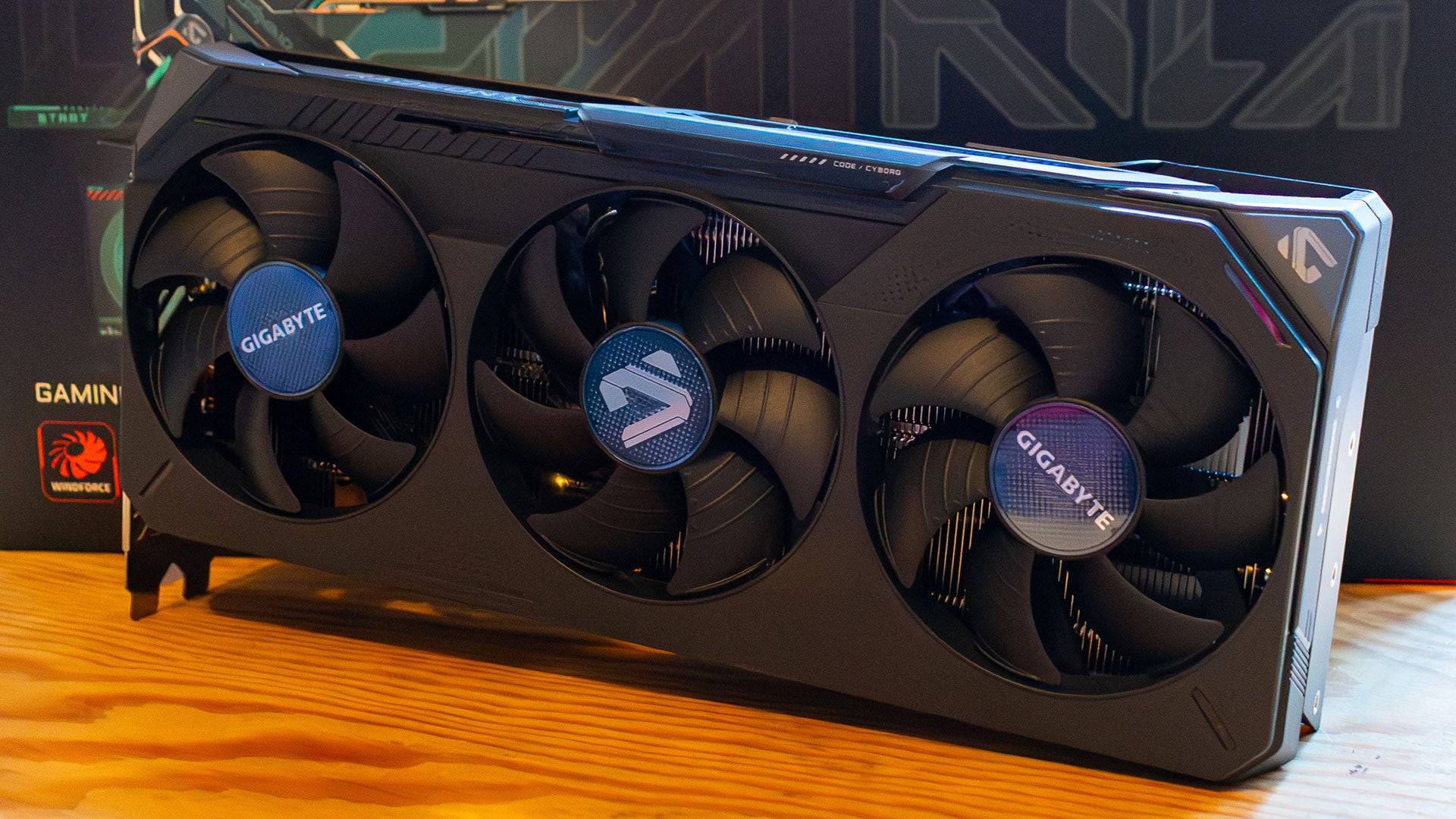
Best for 1440p: AMD Radeon RX 9070
 Best AMD Graphics Card for 1440p### AMD Radeon RX 9070
Best AMD Graphics Card for 1440p### AMD Radeon RX 9070
5The AMD Radeon RX 9070 offers outstanding 1440p performance at a competitive priceSee it at Newegg
Product Specifications
Streaming Multiprocessors: 3584Base Clock: 1330 MHz
Game Clock: 2520 MHz
Video Memory: 16GB GDDR6
Memory Bandwidth: 644.6 GB/s
Memory Bus: 256-bit
Power Connectors: 2 x 8-pin
PROS
- Strong 1440p gaming performance- Introduces AI upscaling with FSR 4
CONS
- Priced close to the more powerful RX 9070 XTThe AMD Radeon RX 9070 is a solid choice for 1440p gaming, offering excellent frame rates and supporting the new FSR 4 for improved image quality. While it's priced similarly to the RX 9070 XT, it remains a great option for those focused on 1440p gaming.
AMD Radeon RX 7600 XT
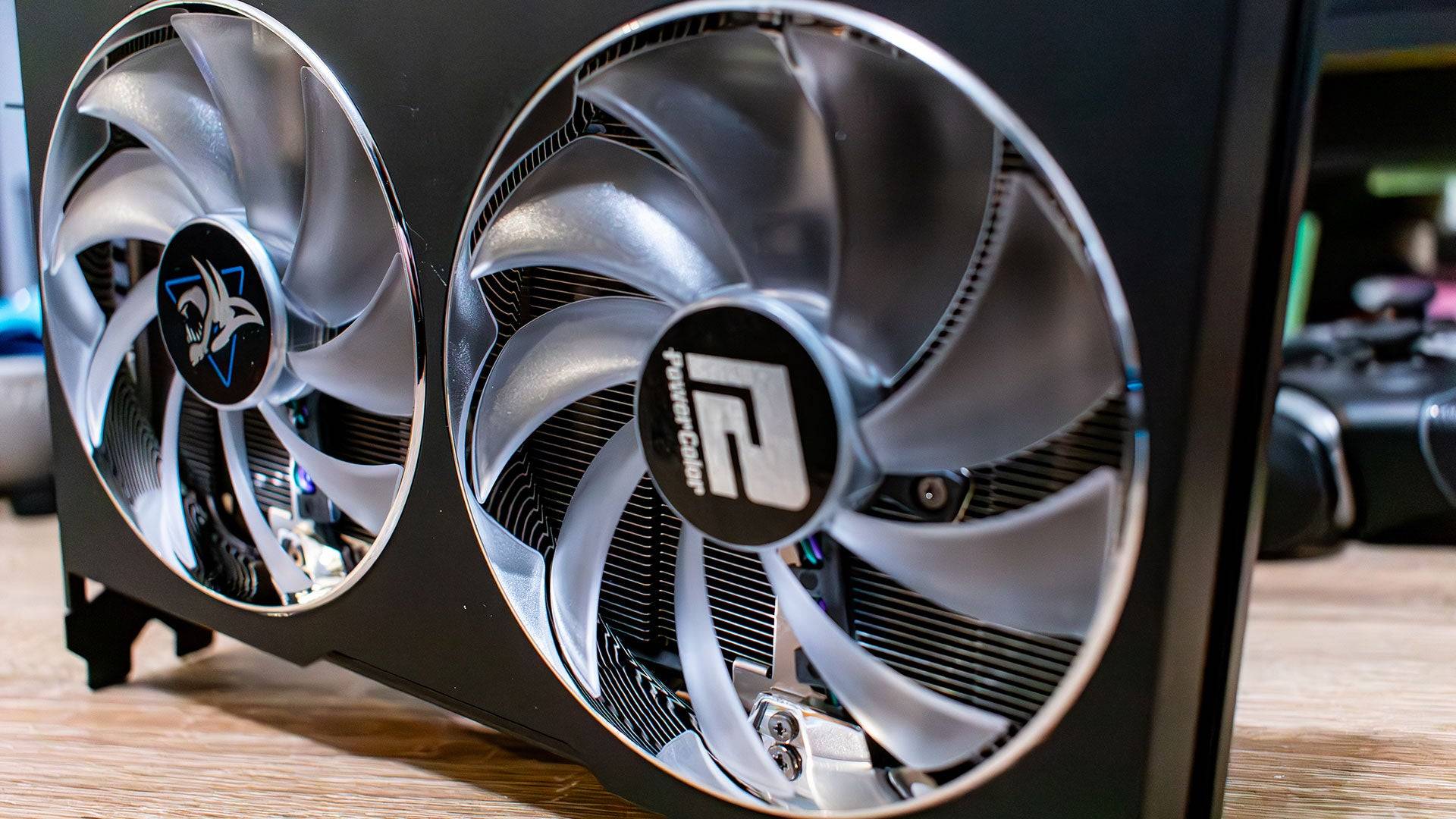
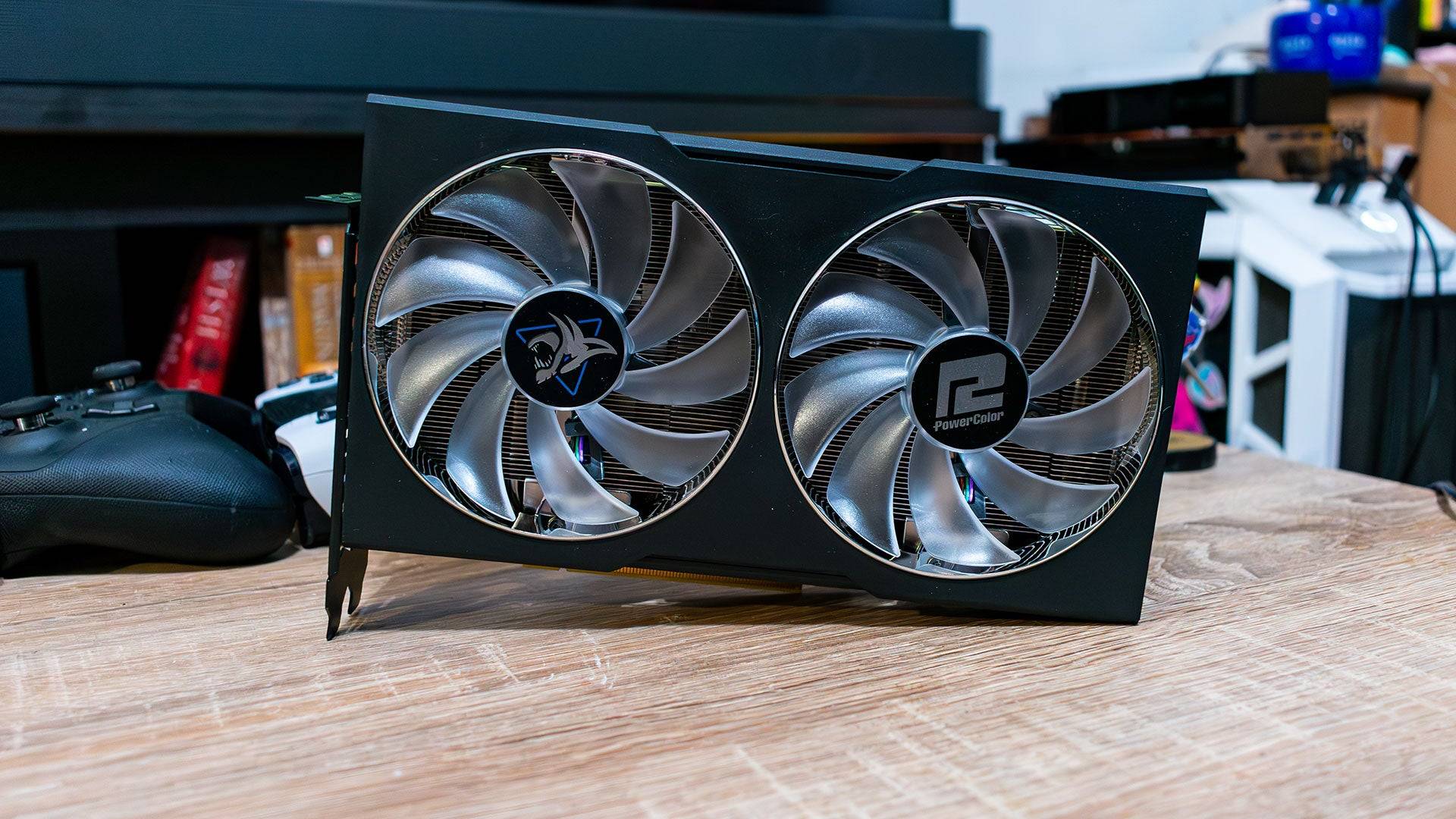 5 Images
5 Images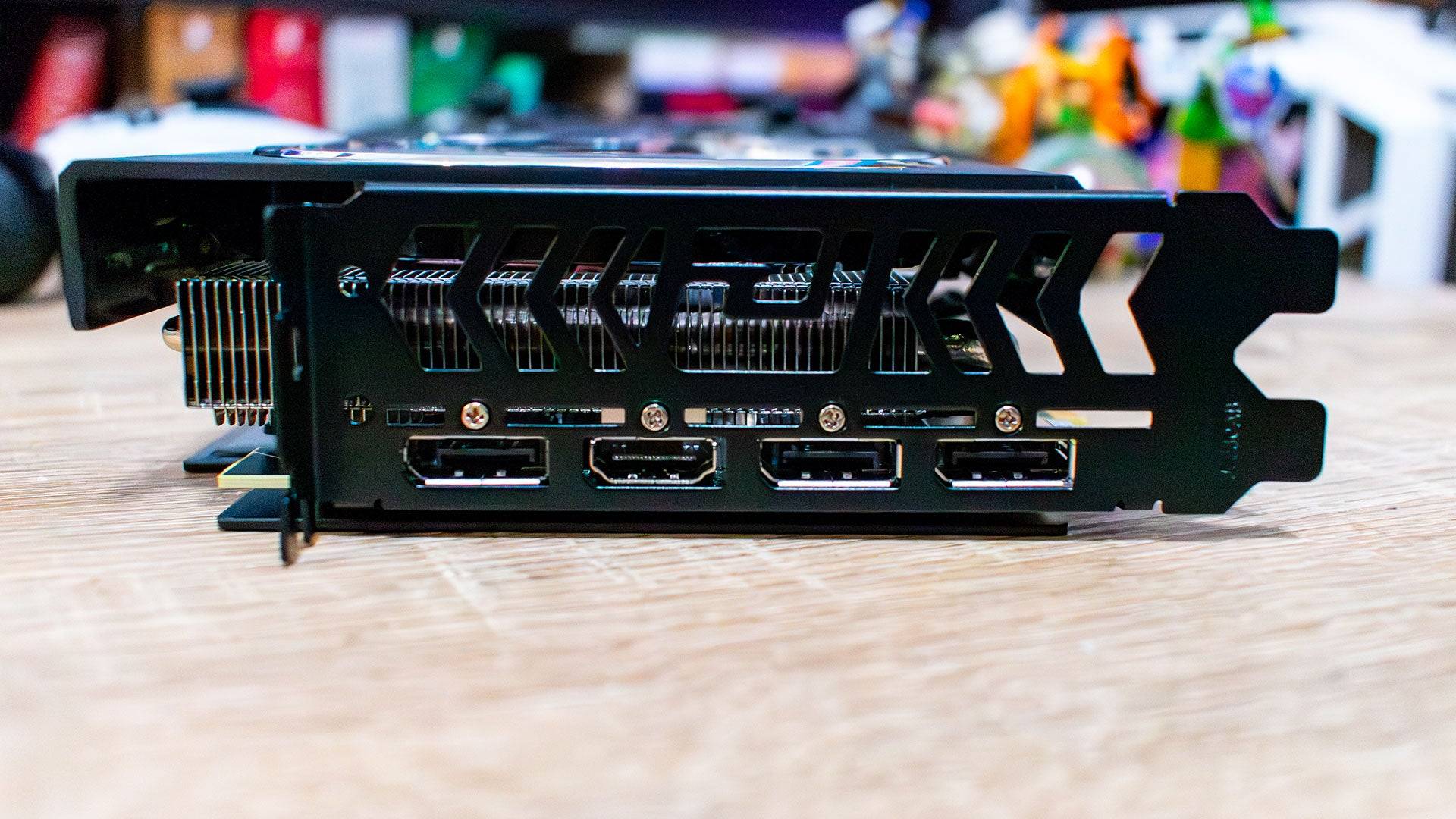
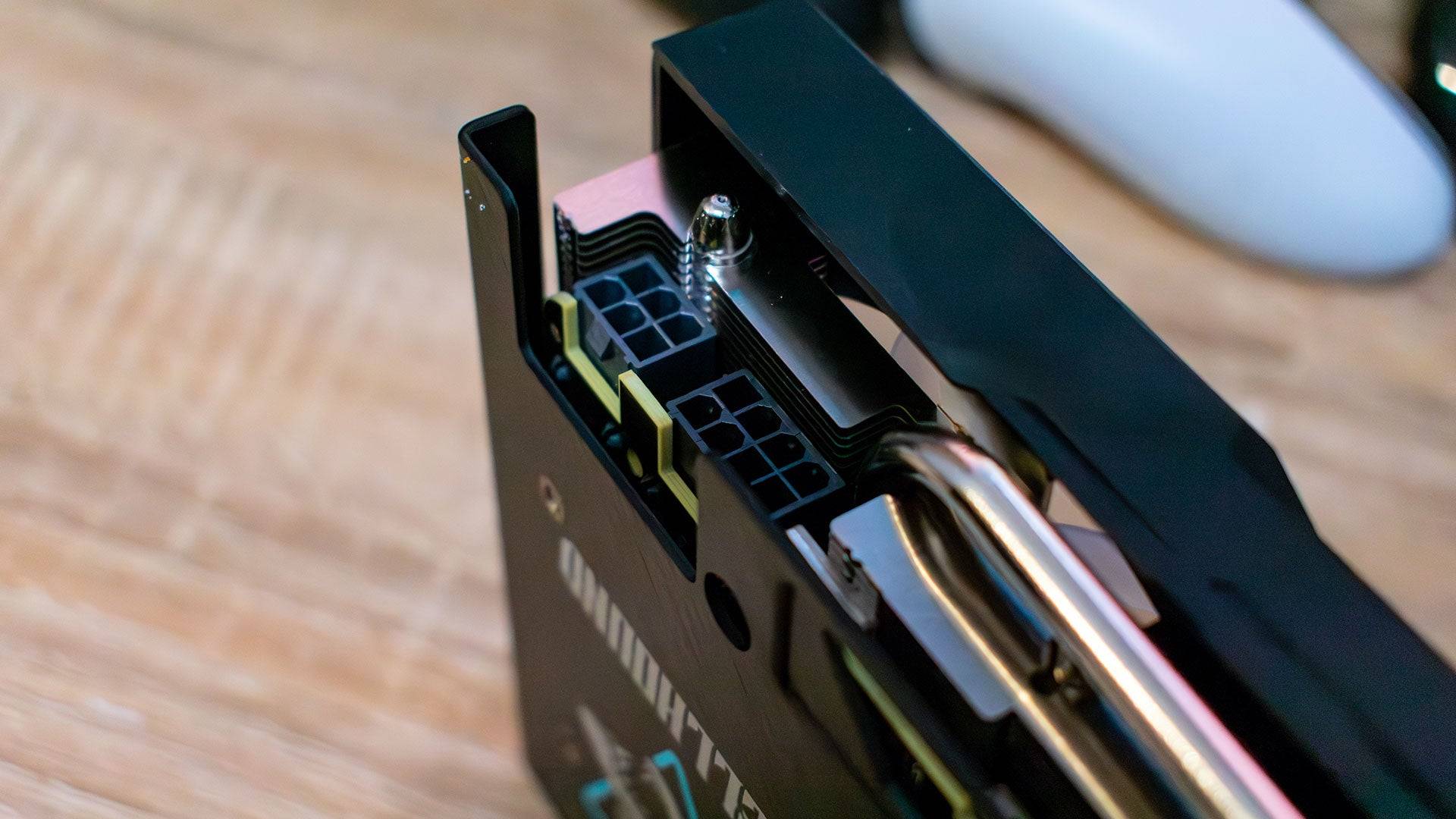
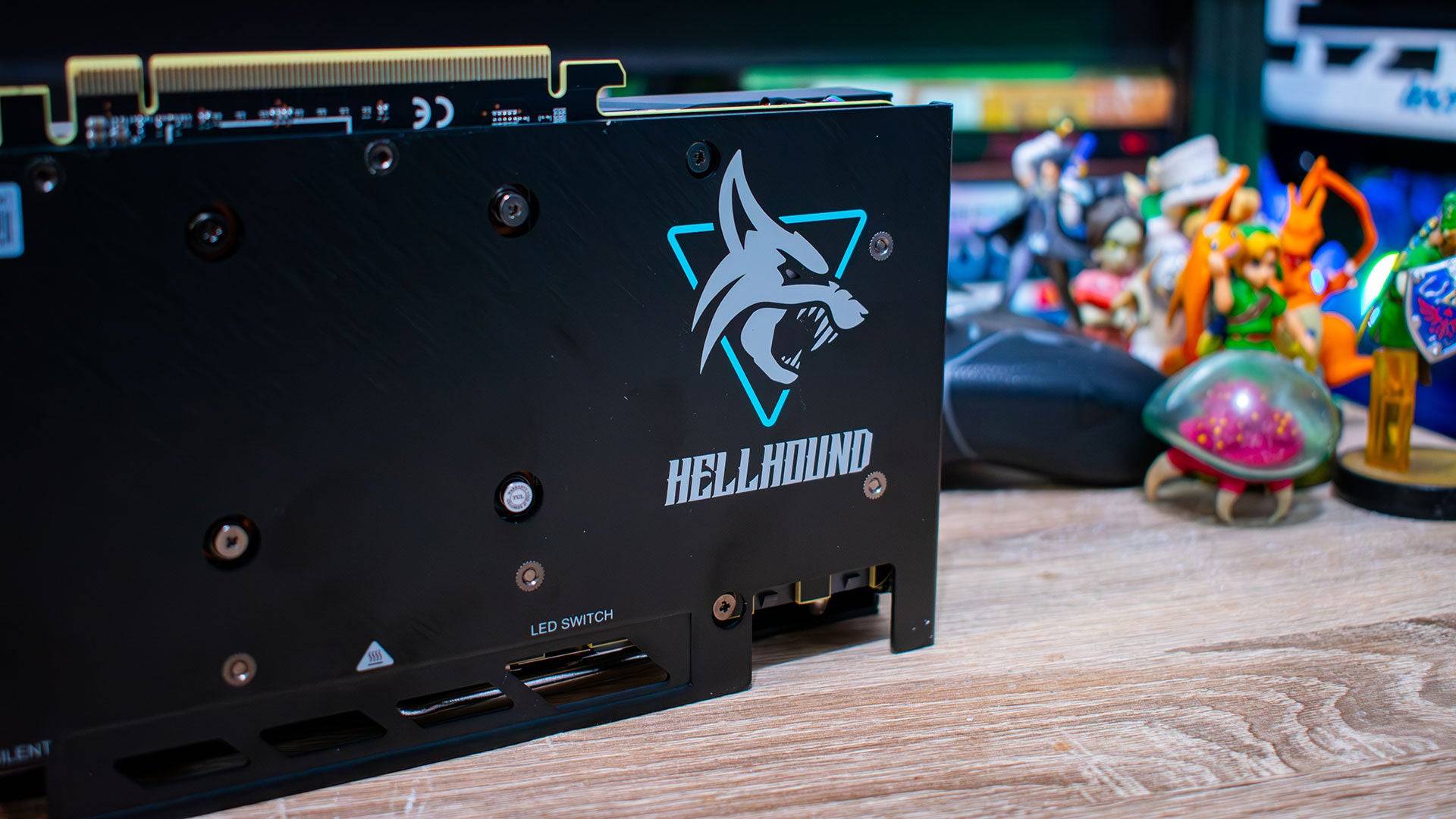
Best for 1080p: AMD Radeon RX 7600 XT
 Best AMD Graphics Card for 1080p### Gigabyte Radeon RX 7600 XT Gaming OC Windforce
Best AMD Graphics Card for 1080p### Gigabyte Radeon RX 7600 XT Gaming OC Windforce
6The AMD Radeon RX 7600 XT is ideal for high-end 1080p gamingSee it at Amazon
Product Specifications
Streaming Multiprocessors: 2048Base Clock: 1980 MHz
Game Clock: 2470 MHz
Video Memory: 16GB GDDR6
Memory Bandwidth: 288 GB/s
Memory Bus: 128-bit
Power Connectors: 1 x 8-pin
Outputs: 1 x HDMI 2.1a, 3 x DisplayPort 2.1
PROS
- Solid performance at 1080p- Compact design fits most PC builds
CONS
- Struggles with ray tracing in some demanding gamesFor gamers focused on 1080p, the AMD Radeon RX 7600 XT offers a compelling balance of performance and affordability. Priced around $309, it's perfect for building a high-end 1080p gaming PC. It delivers strong frame rates in popular titles and is equipped with 16GB of VRAM, ensuring longevity for future games.
Best on a Budget: AMD Radeon RX 6600
 Best AMD Graphics Card on a Budget### XFX Speedster SWFT Radeon RX 6600
Best AMD Graphics Card on a Budget### XFX Speedster SWFT Radeon RX 6600
5The AMD Radeon RX 6600 is an excellent budget option for 1080p gamingSee it at Amazon
Product Specifications
Streaming Multiprocessors: 1792Base Clock: 1626 MHz
Game Clock: 2044 MHz
Video Memory: 8GB GDDR6
Memory Bandwidth: 224 GB/s
Memory Bus: 128-bit
Power Connectors: 1 x 8-pin
Outputs: 1 x HDMI 2.1, 3 x DisplayPort 1.4a
PROS
- Great for esports gaming- Very affordable
CONS
- Last-generation technologyThe AMD Radeon RX 6600 remains a great budget option, especially for those looking to spend less than $200. It's capable of handling 1080p gaming well, particularly in esports titles, and continues to offer solid performance even years after its initial release.
What is FSR?
FidelityFX Super Resolution (FSR) is AMD's upscaling technology designed to improve gaming performance on PC. It works by rendering games at a lower resolution and then upscaling them to your native resolution, which can significantly boost frame rates. Earlier versions of FSR were software-based, using the same processing units as the rest of the frame. However, with the introduction of FSR 4 in the Radeon RX 9070 and 9070 XT, AMD has shifted to an AI-driven approach, which offers better image quality at the cost of a slight performance hit. FSR also includes frame generation technology, which can further enhance performance but may introduce latency if used at lower frame rates.
What is Ray Tracing?
Ray tracing is a rendering technique that simulates the physical behavior of light to create more realistic lighting, reflections, and shadows in games. It requires significant computational power, which is why modern graphics cards include specialized RT Cores to handle these calculations. While initially limited to specific effects like reflections, advancements in hardware have enabled full path tracing, where all light sources in a game are rendered using ray tracing. This enhances visual fidelity but often necessitates the use of upscaling technologies like FSR to maintain playable frame rates.

